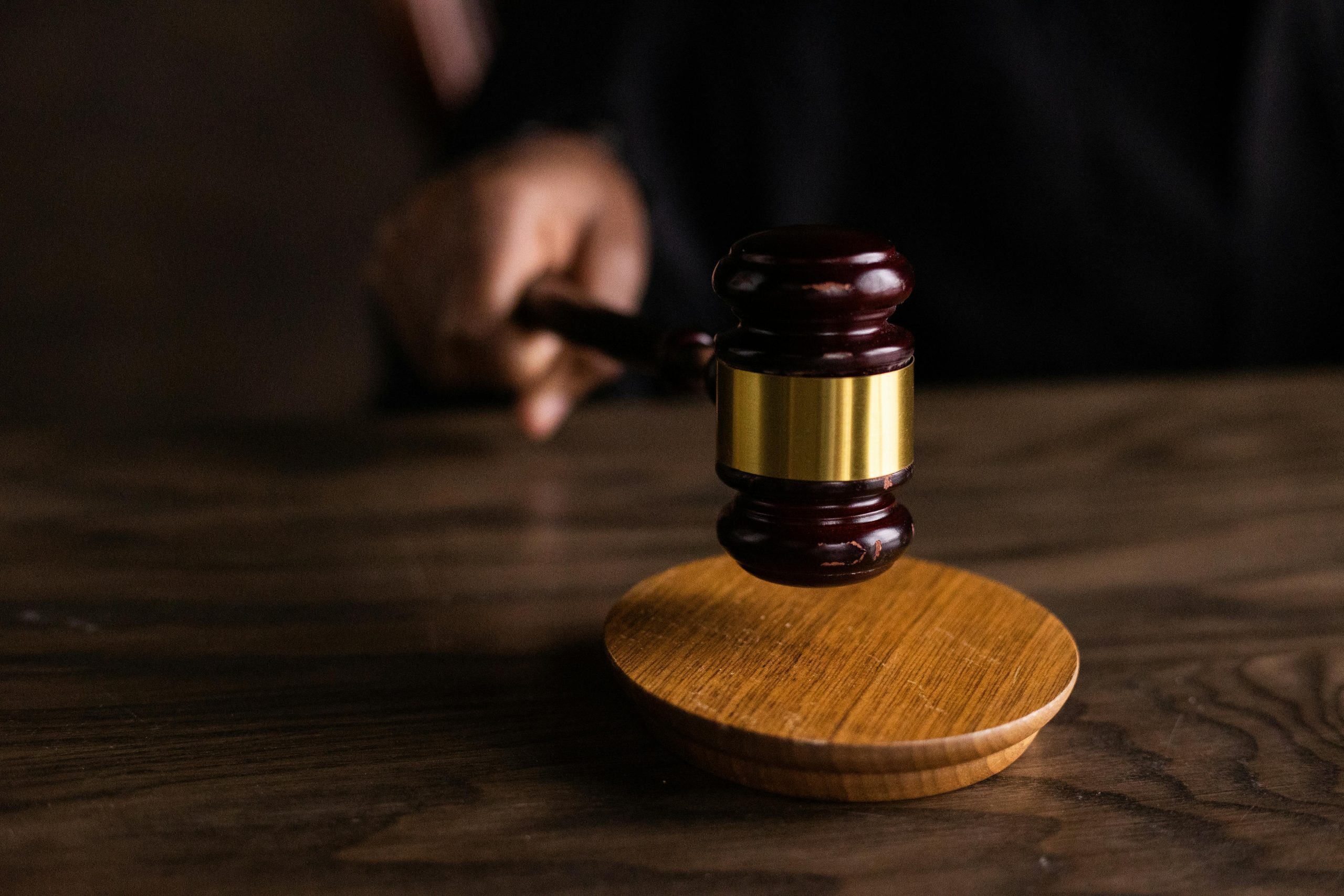A federal judge has scheduled a hearing to review the Justice Department’s request to dismiss corruption charges against New York City Mayor Eric Adams. The decision, announced Tuesday by U.S. District Judge Dale Ho, comes amid a heated legal and political battle following a series of high-profile resignations within the Justice Department.
Judge Questions DOJ’s Dismissal Request
Judge Ho’s order mandates a hearing on Wednesday, during which attorneys will discuss the reasons behind the Justice Department’s motion to drop the charges. The judge also wants to examine the “scope and effect” of Adams’ consent to the motion, raising concerns about the circumstances leading to the DOJ’s decision.
Citing legal precedent, Ho emphasized that a judge has an independent obligation to scrutinize the government’s rationale when it seeks to dismiss charges that have already resulted in an indictment. He referenced prior rulings stating that courts must ensure any dismissal is supported by “substantial” reasoning before granting approval.
The hearing is expected to intensify scrutiny on the Justice Department, particularly following the abrupt resignations of several high-ranking federal prosecutors who opposed dropping the case.
Allegations Against Mayor Adams
Eric Adams, who served as Brooklyn borough president before becoming mayor, has pleaded not guilty to charges of bribery and illegally soliciting campaign contributions from a foreign national. Federal prosecutors allege that Adams accepted over $100,000 in illegal donations and luxury travel perks from a Turkish official and business leaders seeking political favors.
The case has placed the Adams administration under significant pressure, with calls from some Democratic leaders for the mayor to resign. Adams, however, has denied any wrongdoing and insists that he remains committed to his duties as mayor.
Political and Legal Fallout
The Justice Department’s motion to dismiss the charges has sparked a fierce backlash, particularly among former prosecutors who believe the decision was politically motivated.
The controversy erupted last week when Emil Bove, the Justice Department’s second-in-command, intervened in the case, citing concerns that the prosecution was hampering Adams’ ability to address key issues like illegal immigration and violent crime. However, the move was met with resistance from top federal prosecutors in New York, including interim Manhattan U.S. Attorney Danielle Sassoon and lead prosecutor Hagan Scotten.
Both Sassoon and Scotten resigned in protest, arguing that the case was being improperly influenced. Scotten, in his resignation letter, warned that the government’s actions could set a dangerous precedent by using legal threats to pressure elected officials into compliance with federal policies.
“No system of ordered liberty can allow the government to use the carrot of dismissing charges, or the stick of threatening to bring them again, to induce an elected official to support its policy objectives,” Scotten wrote.
Implications for Adams’ Political Future
The legal battle has cast a shadow over Adams’ political career, with mounting pressure from both his allies and opponents. On Monday, the mayor confirmed that four of his top aides had resigned in connection with the Justice Department’s handling of the case.
New York Governor Kathy Hochul stated that she is considering options regarding Adams’ leadership, including the possibility of removing him from office if the situation escalates.
The outcome of Wednesday’s hearing could determine the next steps in Adams’ legal and political future. If Judge Ho declines to approve the DOJ’s request to dismiss the case, the charges against Adams may proceed to trial.
What’s Next?
As the hearing approaches, legal experts are closely watching how Judge Ho will navigate the complex legal and political dimensions of the case. His decision could have far-reaching implications for how federal prosecutors handle cases involving high-ranking elected officials.
The Justice Department, meanwhile, faces growing calls for transparency regarding its decision-making process. Critics argue that dropping charges against a sitting mayor under such contentious circumstances undermines public trust in the justice system.
For now, all eyes remain on the federal courtroom in Manhattan, where Wednesday’s hearing could mark a turning point in one of the most controversial corruption cases in recent New York history.
(Source : newsbreak.com)


